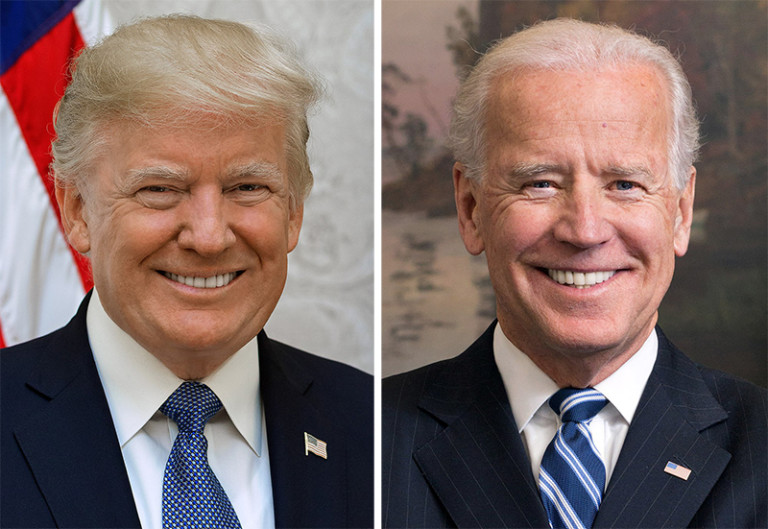The economic case for the United States to remain in the Paris Agreement on climate change

Download
By Alex Bowen, Marshall Burke, Charles Donovan, Kenneth Gillingham, Frances C Moore, Robert Stavins, Gernot Wagner and Bob Ward
The US Government initiated withdrawal from the Paris Agreement in November 2019, with completion scheduled one year on, for 4 November 2020. This policy brief examines the economic case for the United States to continue its participation in the Paris Agreement on climate change.
The authors examine four main related economic issues:
- The economic impacts of climate change on the US
- The economic damage caused to the US by other countries’ greenhouse gas emissions
- The economic implications of the participation by the US in the Paris Agreement
- Global action to reduce economic damage from climate change in the US and the rest of the world.
Main findings
- Staying in the Paris Agreement would result in significant economic benefits for the United States, its trading partners, and the world economy; withdrawing is a mistake.
- The interests of American citizens and businesses are best served by the United States continuing to participate in the Paris Agreement for four main reasons:
- Reaching net-zero global annual emissions is necessary for the increasingly costly climate change impacts to decline.
- The US needs a global policy response to limit the growing damage from emissions by other countries.
- Even unilateral action by the US could provide net benefits, limiting accumulating damages but also offering associated advantages such as reducing local air pollution.
- The international negotiation process initiated by the UNFCCC, in which the US is still a participant, is the best available way of achieving coordinated global action on climate change.
- The nationally determined contribution (NDC) to the Paris Agreement that was voluntarily submitted by the US Government is not unfair to the US, nor does it create an excessive economic burden. The emissions reduction targets that the US set for itself are now easier to achieve, for reasons including sharp falls in technology costs.
- The current economic evidence shows that withdrawal of the US from the Paris Agreement, is a mistake. The US Government should abandon its intention to withdraw from the Agreement, or promptly re-join after withdrawal is executed.
- The US Government can submit a revised NDC and has the opportunity to decide how it might need to be modified in the light of evolving understanding of climate risks and the costs of inaction.
https://www.lse.ac.uk/granthaminstitute/publication/an-analysis-of-the-trump-administrations-economic-and-policy-arguments-for-withdrawal-of-the-united-states-from-the-paris-agreement-on-climate-change/A longer analysis, by Bob Ward and Alex Bowen, is also available: An analysis of the Trump Administration’s economic and policy arguments for withdrawal of the United States from the Paris Agreement on climate change
About the authors
Dr Alex Bowen is a Special Advisor at the Grantham Research Institute on Climate Change and the Environment.
Professor Marshall Burke is Associate Professor in the Department of Earth System Science and Deputy Director of the Center on Food Security and the Environment at Stanford University.
Dr Charles Donovan is Executive Director of the Centre for Climate Finance and Investment at Imperial College Business School.
Professor Kenneth Gillingham is Associate Professor of Economics in the School of Environment at Yale University.
Professor Frances C Moore is Assistant Professor in the Department of Environmental Science and Policy at the University of California, Davis.
Professor Robert Stavins is the A.J. Meyer Professor of Energy & Economic Development at the John F. Kennedy School of Government at Harvard University.
Professor Gernot Wagner is Clinical Associate Professor of Environmental Studies and Public Service in the Department of Environmental Studies at New York University and Associated Clinical Professor at NYU Wagner.
Bob Ward is the Policy and Communications Director at the Grantham Research Institute on Climate Change and the Environment.

